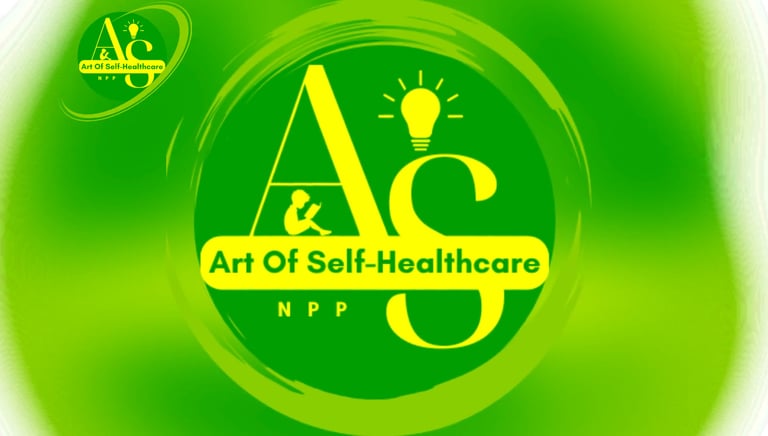Chronic Illness Isn’t Random—It’s a Wake-Up Call. Here’s How Art Of Self Healthcare helps.
Chronic illness is not a life sentence. It’s a sign that your body is begging for change.
DR BISWAJIT MOHAPATRA,MS,FMAS
4/21/20252 min read


What if your chronic illness isn’t just bad luck but a signpost pointing to deeper imbalances in your life? Conditions like autoimmune disorders, diabetes, or heart disease are not isolated failures of the body but urgent messages—a culmination of unresolved stress, emotional strain, and lifestyle misalignments. One should dive into why healing requires more than pills or procedures. It demands listening to the whole story your body is telling.
Chronic diseases rarely “just happen.” They’re often the result of months or years of compounding stressors that erode the body’s resilience. Think of it like a bucket overflowing
Emotional Stress: Grief, anxiety, or trauma that’s buried or unprocessed.
Physical Stress: Sleep deprivation, poor nutrition, or sedentary habits.
Environmental Stress: Toxic relationships, financial strain, or societal pressures.
When these stressors pile up, they overwhelm the body’s self-regulating ability. The result? The result is a breakdown in homeostasis, the delicate equilibrium that keeps your immune system, hormones, and nervous system in sync.
When the Body’s Balance Fails
Homeostasis is your body’s internal “thermostat.” But chronic stress flips this system upside down:
Nervous System Dysregulation: Your “fight-or-flight” mode becomes the default, flooding your body with cortisol.
Inflammation Run Amok: A stressed body becomes inflamed, creating fertile ground for disease.
Immunity Gone Haywire: Over time, your immune system may turn on itself (autoimmunity) or grow too weak to fight threats.
This isn’t just a metaphor—it’s biology. Research in psychoneuroimmunology confirms that emotional distress directly impacts physical health.
The GSHER Approach: Healing the Whole Human
At GSHER, we reject the idea of “managing” chronic disease. Instead, we focus on root-cause analysis, and it starts with you. Here’s how:
1. You Are the CEO of Your Healing
Passive patients don’t get well. Active participants do. This means
Identifying and addressing emotional blockages (therapy, journaling, mindfulness).
Making intentional lifestyle shifts (nutrition, movement, sleep hygiene).
Building a support system that fosters connection, not isolation.
2. Killing Hopelessness, Cultivating Agency
A diagnosis like “incurable” or “chronic” can feel like a life sentence. We replace despair with actionable hope:
Educating patients on how stress shapes biology.
Celebrating small wins (better sleep, reduced inflammation) to rebuild trust in the body.
Framing healing as a journey, not a destination.
3. MindBody Tools to Rewire Stress
Meditation & Breathwork: To calm the nervous system.
Somatic Therapy: Releasing trauma stored in the body.
Creative Expression: Art, music, or writing to process emotions.
Your Roadmap to Rebalance
Ready to start? Here’s how to begin dismantling the stressors behind chronic illness:
Audit Your Stressors: Write down physical, emotional, and environmental triggers.
Prioritize Sleep: 7–9 hours nightly is non-negotiable for healing.
Eat Anti-Inflammatory: Ditch processed foods; embrace whole, plant-rich meals.
Move Daily: Even gentle walks reduce cortisol and boost mood.
Seek Joy: Engage in activities that make you feel alive—laughter is medicine.
Your Body Wants to Heal—Let It
Chronic illness is not a life sentence. It’s a sign that your body is begging for change. By addressing the hidden stressors and reclaiming your role as an active participant in healing, you can rebuild homeostasis and rediscover vitality.
Ready to rewrite your health story? Share your thoughts or questions below—we’re here to help!
GSHER is a holistic health initiative that empowers individuals to heal from chronic illness through root cause resolution and mind-body integration. Learn more at www.globalselfhealthcare.org
Dr Biswajit Mohapatra, MS, FMAS
